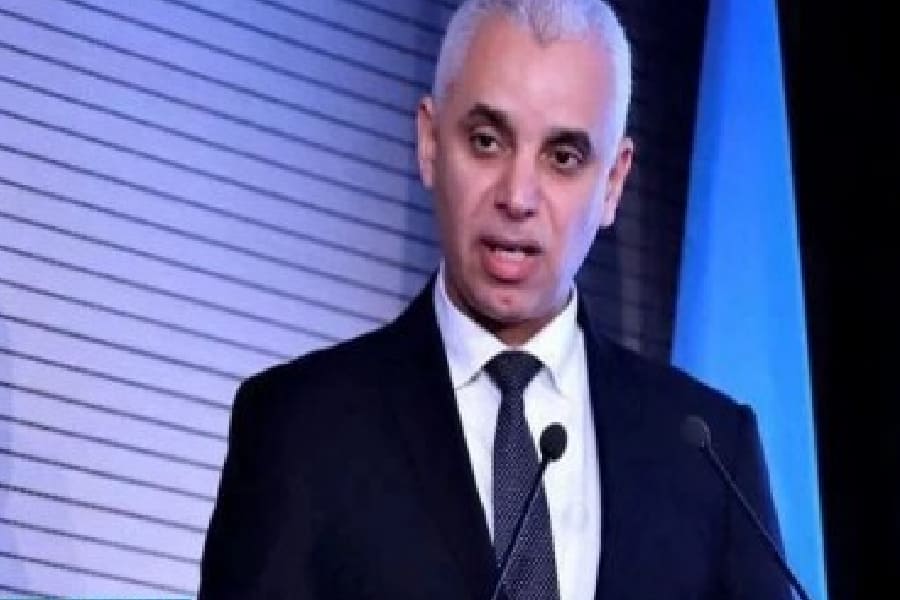
Inauguration of the Laboratory for quality control of vaccines and products
The Minister of Health and Social Protection, Khalid Aït Taleb, inaugurated, Thursday in Casablanca, the Laboratory for quality control of vaccines and biotechnological products, under the Center for serums and vaccines (Pasteur Institute).
This project, which required two years of work, is part of the implementation of the Public-Private Partnership project for the local manufacture of vaccines and biotechnological products, in accordance with the Royal vision for the vaccine sovereignty of Morocco, said Mr. Aït Taleb in a statement to the press.
This project will allow us to support the production of vaccines, in particular at the level of the MARBIO plant in Benslimane which will have the capacity to produce more than 150 million doses of vaccine,” stressed Mr. Ait Taleb, highlighting the analytical capacity of this new laboratory able to ensure the control of the physicochemical, microbiological, immunological and toxicological quality of vaccines, therapeutic sera and biotechnological products manufactured locally or imported, in accordance with the requirements of the European pharmacopoeia and the manufacturer's own requirements.
The laboratory also aims, said the Minister, to ensure the training of Moroccan and African executives in analytical methods of vaccines (Collaborating center of CDC Africa) and to ensure the role of collaborating center of the future African Medicines Agency (AMA) to control the quality of vaccines and biological products marketed on the continent, adding that the ambition is that the African continent can produce more than 60% of its own vaccine needs and export 30% of its production, this requires quality criteria that such a laboratory makes it possible to ensure.
For her part, the Consul General of the United States in Morocco, Marissa Scott, indicated that the United States and Morocco share a commitment to advancing global priorities in terms of health security.
"The strengthening of the capacities of the Serum and Vaccine Center is a symbol of our mutual commitment to ensuring the health and safety of our citizens," said Ms. Scott, highlighting Morocco's leadership in health security particularly demonstrated in recent years, and more particularly "during the most difficult days of the Covid-19 pandemic".
According to the American diplomat, this laboratory further strengthens Morocco's ability to detect and respond to public health threats, prevent the spread of infectious diseases and potentially attract new investment opportunities and new expertise to Morocco.
In this sense, she noted that Morocco continues to attract investments from American companies in the health sector, expressing the willingness of the United States to develop this collaboration, at a time when Morocco is setting ambitious goals in the health sector.
For his part, Abderrahmane El Maâroufi, director of the Serum and Vaccine Center, noted that the laboratory represents a technological instrument to support the local manufacturing project of vaccines and biotechnological products, and a South-South cooperation tool that contributes to the monitoring and control of the quality and safety of vaccines and biological products used on the African continent.
It should be noted that this project, built on an area of 350m2, includes more than 32 high-qualified equipment, in particular in bacteriology, toxicology, immunology, and molecular biology.

